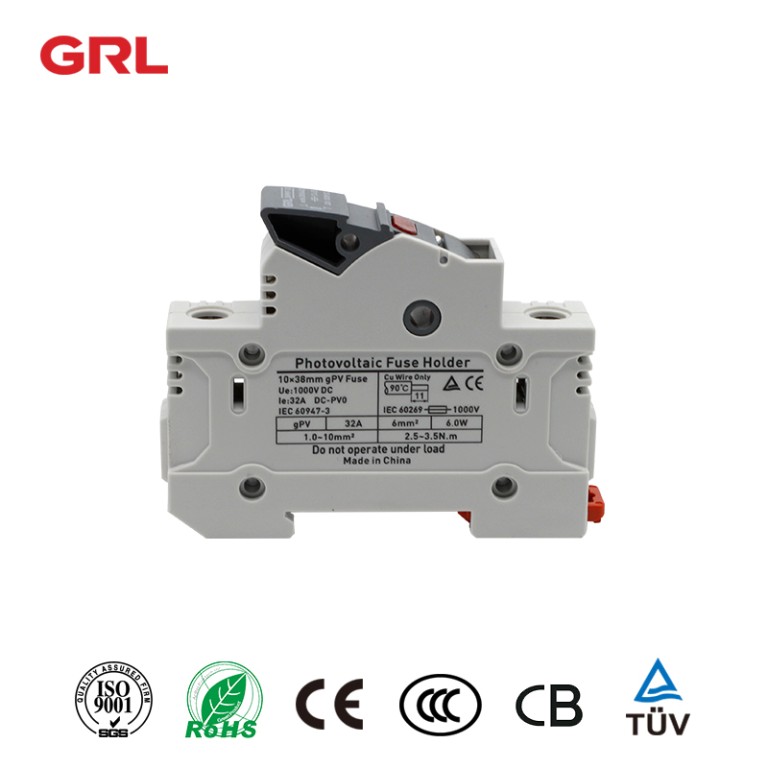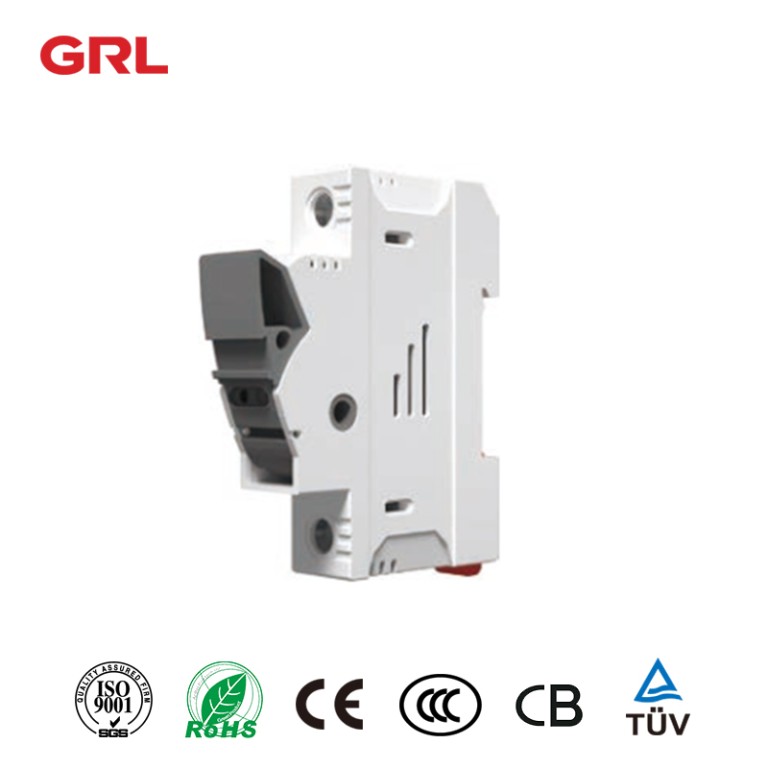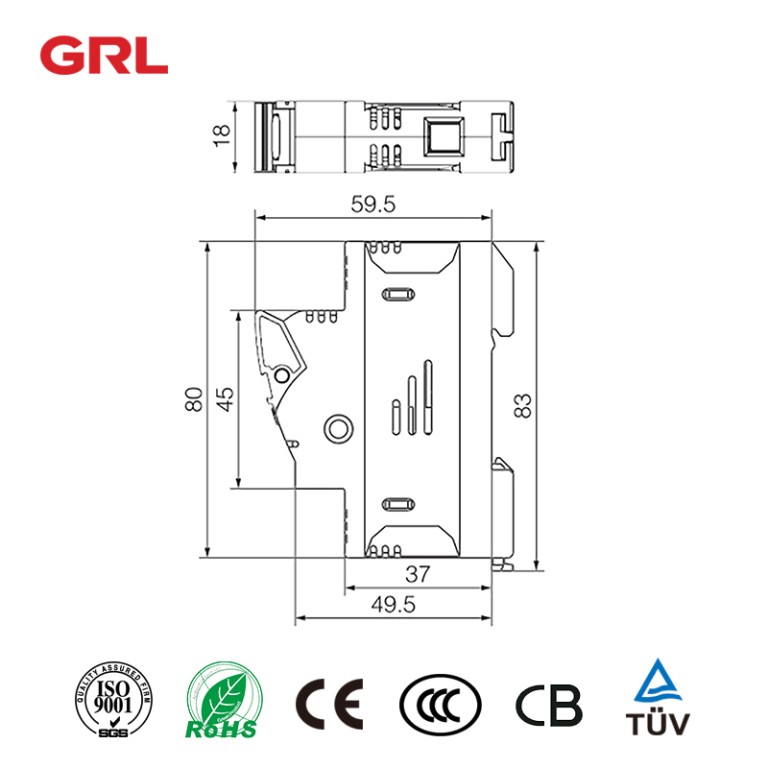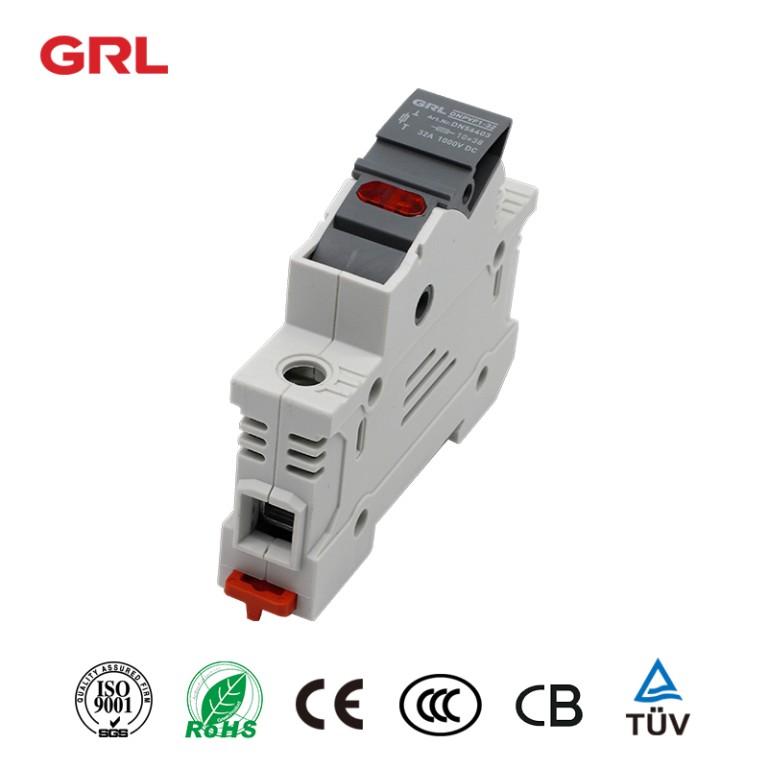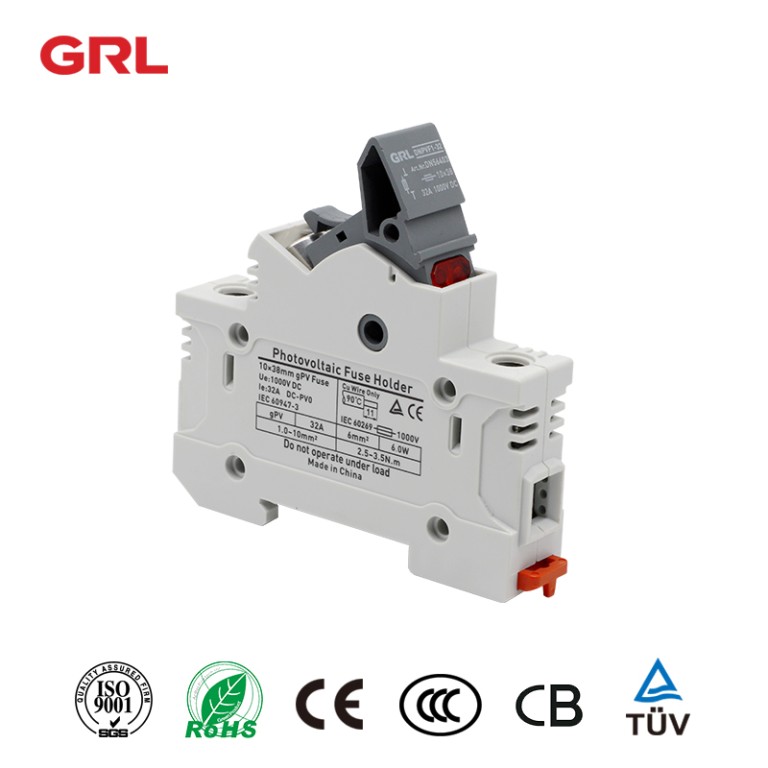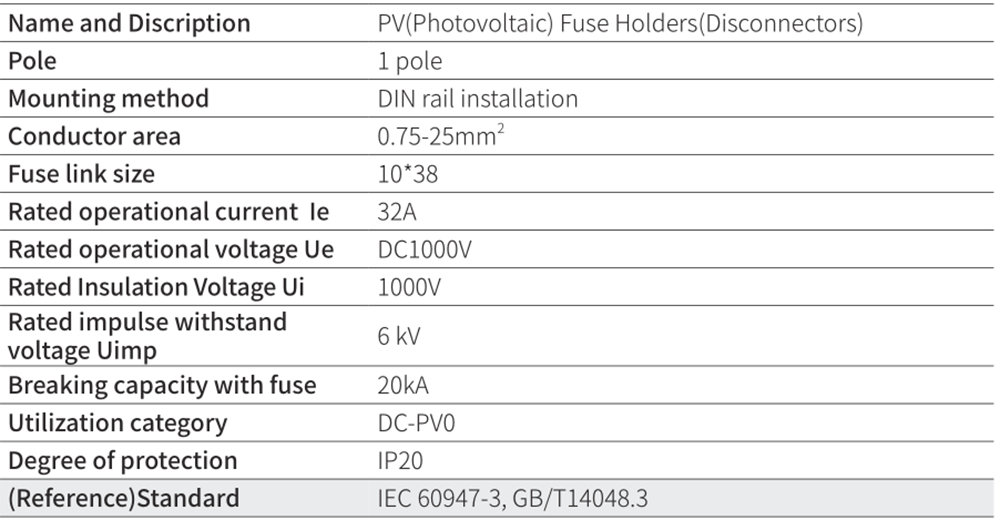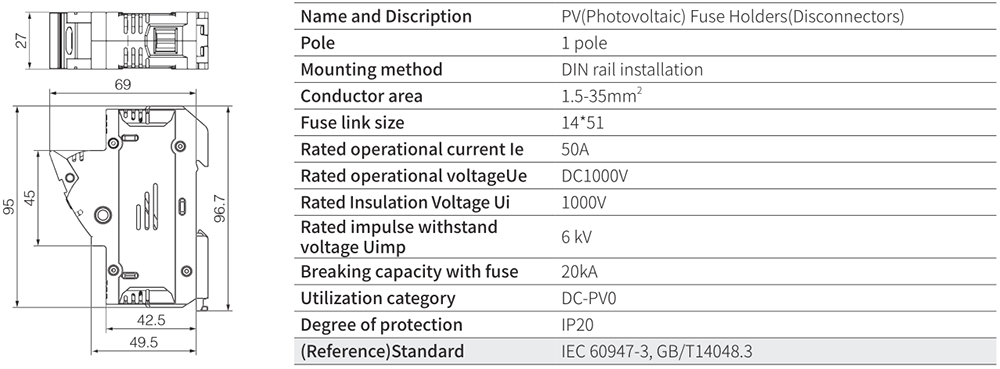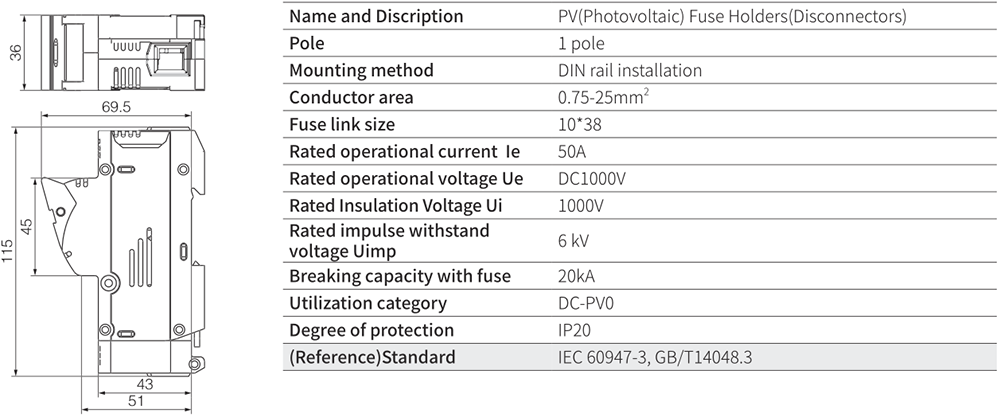What is a fuse block?
A fuse block, also known as a fuse panel or fuse box, is a device that houses multiple fuse holders in a single unit. It is designed to consolidate and organize fuses for multiple circuits in an electrical system. The fuse block provides a central location where fuses can be easily accessed, replaced, and protected.
Here are some key features and functions of a fuse block:
1.Multiple Fuse Holders: A fuse block typically consists of several fuse holders arranged in a compact enclosure. Each fuse holder within the block is designed to accommodate a specific fuse size and current rating.
2.Circuit Distribution: The fuse block allows for the distribution of electrical circuits by providing individual fuse holders for each circuit. This helps to organize and protect the wiring and components associated with different circuits in a system.
3.Protection and Overcurrent Detection: Each fuse holder in the fuse block protects its associated circuit from excessive current flow. If the current exceeds the rated capacity of a fuse, it will blow or melt, interrupting the circuit and preventing damage to the wiring and components. The fuse block ensures that each circuit is adequately protected.
4.Ease of Access and Replacement: Fuse blocks are designed to facilitate easy access to the fuses. They typically have a removable cover or a hinged door that can be opened to access the fuse holders. This allows for quick and convenient fuse replacement when a fuse blows or maintenance is required.
5.Terminal Connections: The fuse block provides terminal connections for each circuit, allowing the electrical wires to be connected securely. These terminals are typically designed to accept ring terminals, spade terminals, or other appropriate connectors for easy and reliable wiring.
6.Circuit Identification: Many fuse blocks have labeling or marking systems to identify the circuits and their corresponding fuses. This helps users easily identify and locate specific fuses within the block, making troubleshooting and maintenance tasks more efficient.
7.Mounting Options: Fuse blocks can be designed for various mounting options, including panel mounting, DIN rail mounting, or surface mounting. This allows for flexible installation in different applications and environments.
Fuse blocks are commonly used in automotive, marine, industrial, and residential electrical systems where multiple circuits need to be protected and organized. They provide a centralized and efficient solution for managing fuses, ensuring proper electrical protection, and simplifying maintenance and troubleshooting processes.
